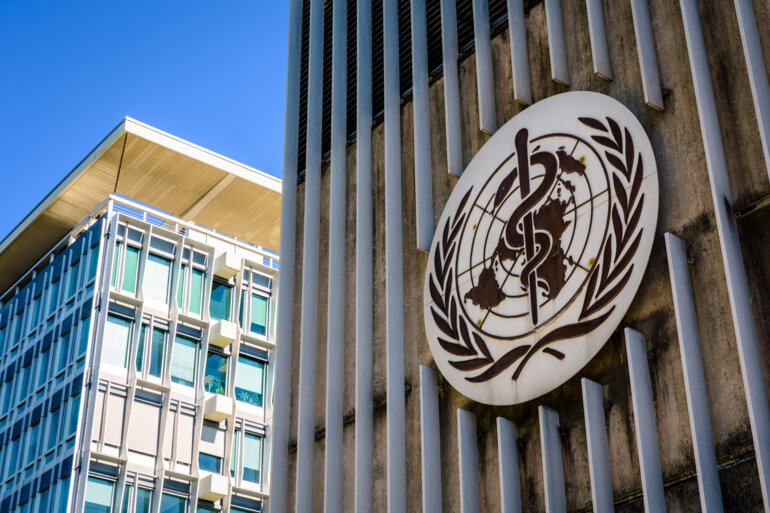The key to overcoming barriers to effective prevention and treatment in resource-restricted settings involves cooperation between multiple organisations, including medical societies, patient groups, pharmaceutical companies and regulatory agencies
According to global cancer statistics from 2020, lung cancer is the leading cause of cancer death, accounting for an estimated 18% of all deaths from cancer worldwide (CA Cancer J Clin. 2021;71:209–249). While these latest figures point to three- or four-fold higher lung cancer incidence and mortality rates in higher-income nations, low- and middle-income countries are anticipated to have increasingly higher corresponding rates in the coming years, largely because of a rise in tobacco smoking (CA Cancer J Clin. 2021;71:209–249).
Screening and early diagnosis are key to giving patients the best outcomes for most cancers, including lung cancer. However, lung cancer screening programmes require a healthcare system with complex infrastructure and considerable economic resources (Am J Respir Crit Care Med. 2020;202:e95–e112) and consequently, there is disparity between countries in the availability of such programmes (Nat Cancer. 2020;1:1140–1152).
Of course, screening for lung cancer is only helpful if all the components of care are available and affordable, such as safe, effective, high-quality treatments. The ESMO International Consortium Study on the availability, out-of-pocket costs and accessibility of antineoplastic medicines in countries outside of Europe, published in 2017, identified between-country discrepancies in available resources, including medically necessary anticancer medicines registered in the WHO Model List of Essential Medicines for cancer. The most profound issues relating to out-of-pocket costs and a lack of availability of essential cancer medicines were in low- and middle-income countries (Ann Oncol. 2017;28:2633–2647). Generally, patients in low- and middle-income countries do not have access to the newest and most expensive drugs that are standard of care in high-income countries (Nat Cancer. 2020;1:142–145). Barriers to the availability of newer agents include a lack of molecular companion diagnostic tests for use prior to targeted agents, as has been identified in some Southeast Asian countries for EGFR-targeting treatments for non-small-cell lung cancer (ESMO Open. 2019;4:e000483). Reimbursement of medicines also varies, as reported recently in a study of medicines to treat advanced lung cancer in Brazil, in which the cost estimate of the best treatment available was much higher than the amount reimbursed by the country’s public health system, making the treatment unaffordable and potentially leading to inferior survival outcomes (Value Health Reg Issues. 2023;33:1–6).
What can be done to improve the availability of effective lung cancer medicines for all? A key aspect is to stimulate productive dialogue between medical societies, patient groups, governments, the pharmaceutical industry and regulatory agencies to shorten approval and registration times for new medicines and expand access to timely molecular testing. In addition, we all need to work towards improved affordability, which may be achieved through a multi-pronged approach including strengthening pricing policies at the national and regional levels, and enhancing the efficiency of the expenditure on medicines. It is our responsibility to improve future access to effective healthcare for a greater number of patients.
Don't miss:
Mathias C. Equity and sustainability in lung cancer care in resource-restricted contexts
Keynote Lecture, 31.03.2023, h. 09:30 – 10:00, Auditorium 1







